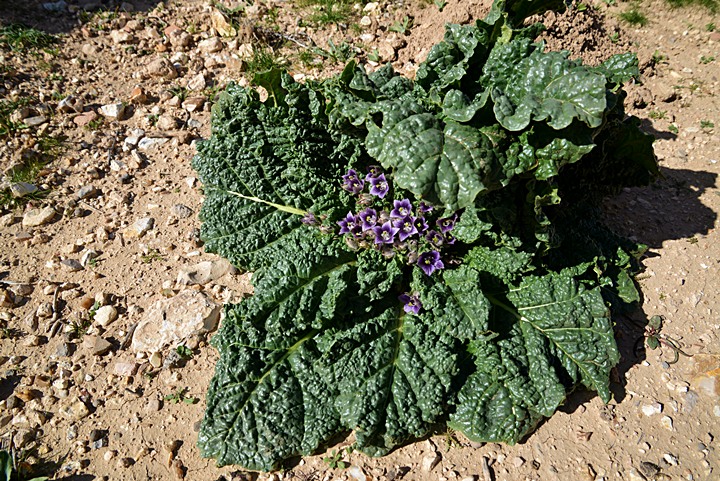

That I might sleep out this great gap of time

( Othello 3.3.331-3) Give me to drink mandragora. It seems that the Scripture clearly connects the fragrance of mandrake with sexuality, which is the only known account of direct link between odor and human sexual response. They are only mentioned twice, but their references are as intoxicating as the plant was purported to be in the ancient world. Mandrakes in the Bible are mentioned related to fertility and marital romance. Shall ever medicine thee to that sweet sleep 30:14-16) and its Biblical use is generally attributed to its supposed fertility power. Mandrakes in the Bible have a particular role, giving us a perspective on ancient societies and what they valued. Syrup made from mandrake root (the plant is related to the poppy) has some narcotic properties, as Shakespeare knew: Rachel may get the dudaim, but Leah gets the dodim. I thought I would give it a try and eat a love apple the mandrake. Rachel and Leah firmly believed that mandrake would increase. Jacob in the bible may have used this to get Joesph. My take is this: in a narrative that is driven from verse to verse by wordplay, there is another wordplay - nothing more - implicit in this pericope. One of the earliest literary references to mandragora is found in the Bible (c. "Leah") but did they? Rachel conceives in 30:22, after the mandrake episode is over and Leah has conceived again and again. Gale Yee says "the mandrakes worked for Rachel" (ABD s.v. In fact, Leah has three more children until Rachel finally gets pregnant. If Rachel wants the mandrakes to help her conceive, why does she then give away Jacob for a time? After the mandrake episode, it is Leah who conceives, not Rachel. That, at any rate, was the accepted idea in Christian commentary, which saw the sweet scent of the mandrakes as a symbol of a good reputation or good deeds: "the wholesome odor of a good example" (St. Perhaps Rachel wanted them just for their pleasant smell. "Mandrakes" appear in the Bible only one other time, in the Song of Solomon: "The mandrakes give off scent" (7:13).
#Mandrake fruit in bible full#
Why does Rachel want Leah's mandrakes? In Hebrew the word is dudaim, whose etymology might suggest a connection with dodim, "sexual love." Therefore, it has been speculated, eating mandrakes was thought to aid desire or fertility, and Rachel, barren till then, wanted them so she could conceive.īut this is not altogether clear from the text. It is generally agreed that the fruit meant is that of the Atropa mandragora, which ripens in May, and is of the size of a small plum, round, yellow, and full of soft pulp. Then Rachel said to Leah, Give me, I pray thee, of thy son's mandrakes." On the following pages, I, like Noah, record the herbs and spices of the Near East throughout history.Genesis 30:14 "And Reuben went in the days of wheat harvest, and found mandrakes in the field, and brought them unto his mother Leah. Noah diligently recorded the cures in a book. man-draks (dudhaim mandragoras ( Genesis 30:14 Songs 7:13 ) the marginal reading 'love apples' is due to the supposed connection of dudhaim with dodhim, 'love'): Mandrakes are the fruit of the Mandragora officinarum, a member of the Solanaceae or potato order, closely allied to the Atropa belladonna. According to the apocryphal Book of Jubilees, a angels revealed to Noah all the illnesses of the world and their remedies so that he could “heal by means of the herbs of the earth” (Jubilees 10:12). International Standard Bible Encyclopedia. In ancient times, herbs-the edible leaves, blossoms and soft stems of annuals and perennials-were used primarily as medicine. “Spiced wine,” literally wine of a mixture (of spices), in Song of Songs 8:2 is the only biblical mention of spices used as a flavoring. In the Bible spices are used primarily for religious purposes-especially as incense. The Bible never gives a specific word for spices, the aromatic vegetable products derived from the bark, root or fruit of perennial plants. A cluster of attractive violet flowers appears in the center of this rosette in winter. This is made up of several large, wrinkled, dark green leaves that lie flat on the ground in a rosette. Repeated references to herbs and spices indicate that the people of the Bible knew how these plants tasted, smelled and looked, where they grew and what medicinal value they provided. mandrake fruits As the mandrake is described in the Bible, it is a plant that often grows as a weed in wheat fields. The Bible reflects an intimate knowledge of herbs and spices, which perfumed the Jerusalem Temple ( 2 Chronicles 2:4), sweetened the home ( Song of Songs 7:13) and seasoned meals during the Exodus ( Numbers 11:5–6).


 0 kommentar(er)
0 kommentar(er)
